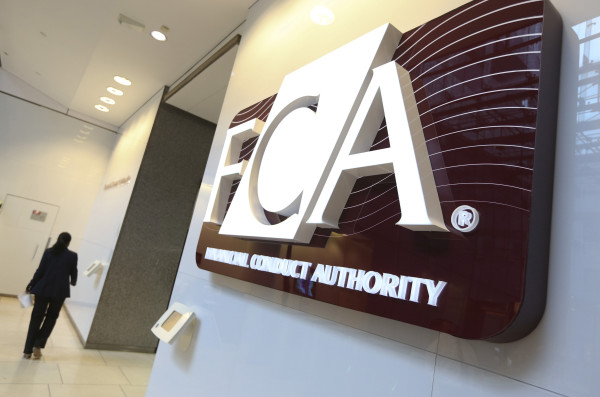

The Complaints Commissioner heard the investor purchased bonds from a company purporting to be a credit union in 2016 but before doing so checked the FCA's register, which told them the "credit union" was authorised.
But in reality it had been dissolved in 2012, which the FCA had been aware of yet it had not updated its register because it prioritised making other updates to the list of authorised firms.
In upholding the investor's complaint, commissioner Antony Townsend said: "Consumers have a duty to undertake their own checks to avoid scams: there are many cases of scammers using the names of properly authorised firms to dupe investors, and the FCA cannot be held responsible in such cases.
"Against that, consumers are entitled to expect that the register will be kept competently.
"This was more than a simple oversight. The record clearly shows that there was an awareness of the situation, but no effective action was taken until [the] complaint was lodged. Worse, the records which I have studied give me no confidence that the responsible departments understand the seriousness of the FCA’s failings.
"While it is understandable that the FCA should be protected from general liability for consumers’ losses, this is not an ordinary case. The FCA (and the FSA before it) for some four years sat on information which should have prompted action to remove the credit union from the register."
Mr Townsend said the FCA should not be held accountable for the entirety of the investor's losses - which amounted to £44,275 - but instead should pay 50 per cent - or £22,137.50.
The credit union was dissolved in 2012 but in the intervening four years between then and when the investment was made, a clone firm assumed its identity.
The investor complained to the FCA, saying having checked the register and the Financial Services Compensation Scheme (FSCS) website, they were entitled to conclude their investment would be protected.
But the FCA disagreed, claiming checking the register was only one step an investor could take to guard against fraud and that the register includes a disclaimer which says the regulator does not accept liability for any errors or omissions.
In response to the investor's initial complaint the FCA had apologised, and offered £150 in compensation for the delay in handling the complaint.
But writing to the investor, Mr Townsend said: "Whilst a clone firm was the principal cause of your loss, it was able to take advantage of the FCA’s woefully inaccurate register.
"I further recommend that the FCA review its internal processes to ensure that staff understand the priority which should be given to keeping the register up to date (it is clear from the papers that I have seen that some do not), and that there are protocols in place to ensure that information which suggests that a firm should cease to be authorised is acted upon promptly."
In response the FCA said it had accepted Mr Townsend's findings and said it is currently undertaking such a review.
The FCA is already planning an overhaul of its register, which will start this summer, after concerns were raised it was not clear enough when a firm was subject to requirements such as suspensions.
In its inquiry into the British Steel Pension Scheme (BSPS), the Work & Pensions committee recommended the FCA names firms and individuals suspended from providing pension advice.
Flaws in the FCA register were flagged up last year at a hearing at the Work & Pensions select committee in Parliament, where steelworkers told MPs about their struggle to find a qualified adviser to help them with their pension decisions.
damian.fantato@ft.com



